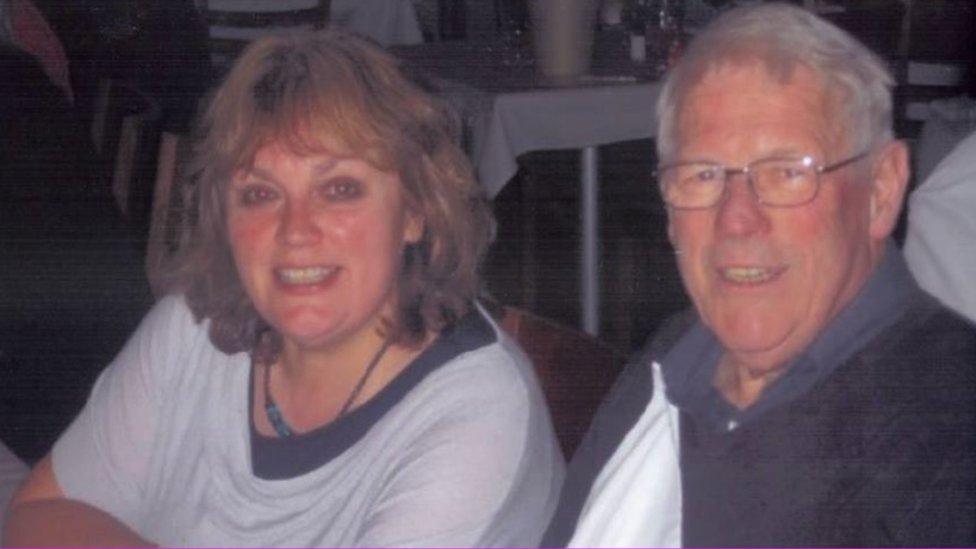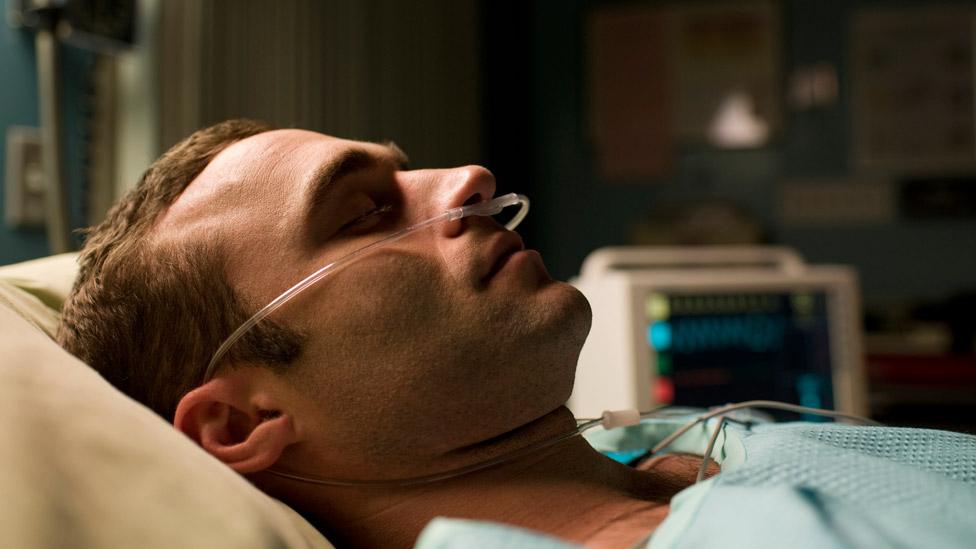Fear and blame culture in public sector, ombudsman says
- Published

Public service bodies are failing to learn lessons because of complaints being handled in an inadequate way, the ombudsman has said.
Nick Bennett said a "fear and blame" culture needed to be tackled describing the situation as "groundhog day".
He said his office handled about 2,000 complaints every year - double the number investigated 10 years ago.
The Welsh Government said it would consider the findings and expected all public bodies to do the same.
The Welsh Local Government Association said there was a Public Services Ombudsman bill going through the assembly which it felt would lead to greater consistency and improvements in complaints handling.
Mr Bennett's report highlighted delayed and inadequate investigation of complaints, and said the outcomes were "nothing less than absurd".
He has called for effective governance across the Welsh public sector, robust staff training and improved methods of data collection.
"The number of complaints coming to my office about public services has doubled over the last decade," he said.
Nick Bennett says there are "unacceptable delays" in handling complaints
"I think it will increase by at least 5% over the next year. I have a choice, either we can deal with an ever increasing number of frustrated service users in Wales, or we can try and do more to make sure that things are being corrected at source."
Mr Bennett said the increase in the number of health complaints he had received was likely to be due to an ageing population and patients each having a number of health issues, which increase the risk of something going wrong.
"Nonetheless, I still see a significant number of health complaints that are linked back to complaint handling," he added.
"This is not a medical issue, it's got nothing to do with a changing demographic - it's about the fact these organisations are not demonstrating the learning from things that have gone wrong.
"There is an awful lot of cultural work that can be done by the NHS and other public service bodies in Wales, which has got nothing to do with cuts and nothing to do with the challenge of an ageing population - it's about the culture of an organisation, it's about leadership and it's about better delivery."
Sue Pink says her complaint about Ceredigion council was dealt with "very slowly"
Sue Pink and her husband Tim from near Llanon, Ceredigion have been struggling to get suitable education for their two autistic sons.
Their complaint to the ombudsman about Ceredigion council was upheld two years ago.
Mrs Pink said their complaint had been dealt with "very slowly" and there was "an awful lot of burden of proof on themselves".
She said they not only had to "prove that what they said was correct, but what the council said was incorrect".
Mr and Mrs Pink have gone on to make repeated complaints and do not believe lessons have been learned.
"We've experienced the same delays," Mrs Pink said.
She said there needed to be "improved communication" and people taking responsibility.
Vanessa Young, director of the Welsh NHS Confederation, said NHS chiefs had recently met with the ombudsman to discuss sharing good practice.
"The feedback and experiences - both good and bad - of patients and their families are critical in helping NHS Wales to provide high standards of care," she said.
"However we know that further work is needed when it comes to the complaints system."
A Welsh Government spokesperson added: "Complainants must have full confidence that the issues they raise are dealt with appropriately and sensitively."
- Published28 October 2016

- Published12 August 2016

- Published6 July 2016
